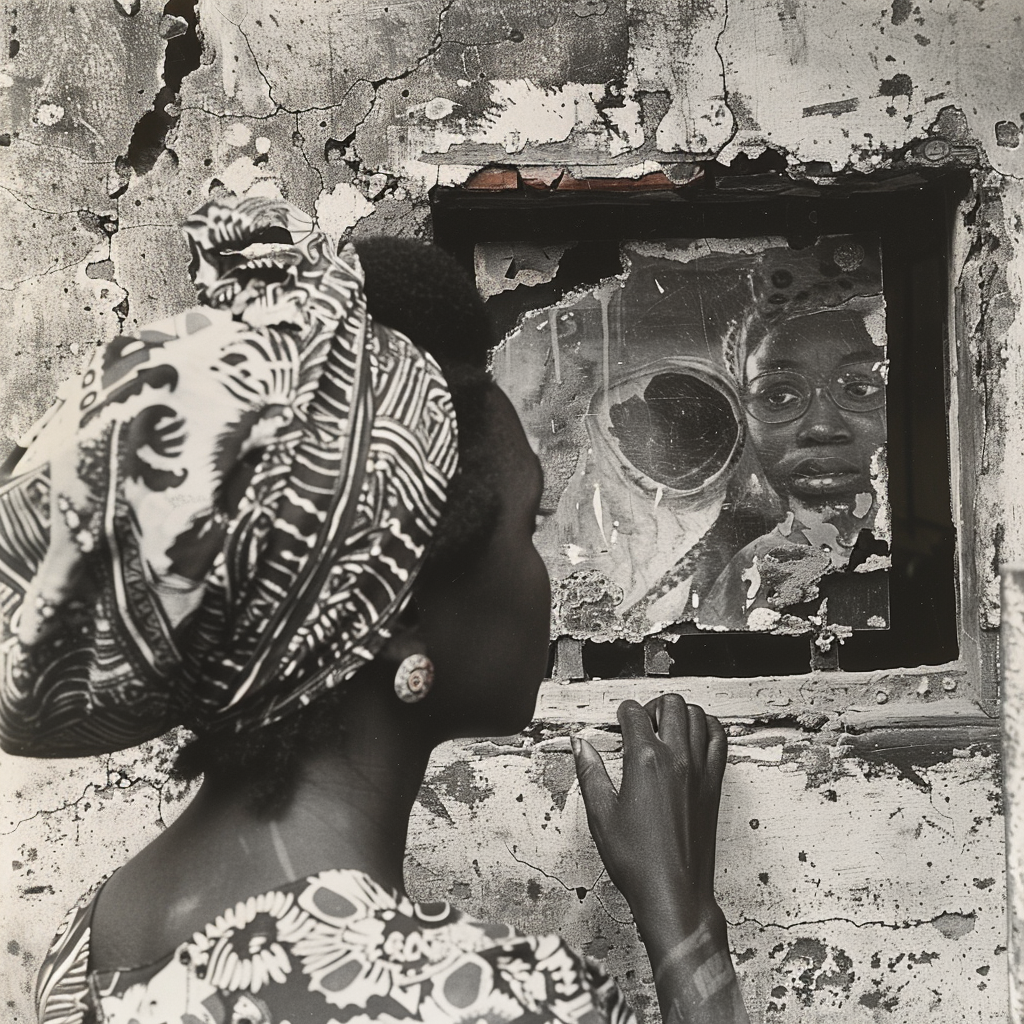In the digital age, African historiography is undergoing a profound transformation, thanks to the advent of digital technologies. These technologies offer unprecedented opportunities for researching, preserving, and disseminating African history, but they also present unique challenges. Let’s delve into the impact of digital technologies on African historiography, exploring the opportunities and challenges of digital archives, databases, mapping tools, and online platforms.
Unprecedented Access to Information
Digital technologies have revolutionized access to historical information about Africa. Digital archives and databases provide researchers with access to a wealth of primary sources, including documents, photographs, maps, and oral histories. These resources, once confined to physical archives and libraries, are now available online, enabling scholars from around the world to engage with African history in new and innovative ways. Digital repositories such as the African Online Digital Library and Archives (AODL) and the African Oral History Archive (AOHA) have become invaluable resources for researchers seeking to uncover hidden histories and explore new avenues of inquiry.
Mapping African Histories
Mapping tools offer another powerful avenue for exploring African history in the digital realm. Geographic Information Systems (GIS) technology allows historians to visualize spatial data and analyze historical patterns and trends across time and space. By mapping historical events, migrations, and cultural landscapes, historians can gain new insights into the dynamics of African history and better understand the spatial dimensions of historical processes. Projects such as the Mapping Africa’s History initiative and the Slave Voyages database use GIS technology to map the transatlantic slave trade and visualize its impact on African societies and landscapes.
Preserving Cultural Heritage
Digital technologies also play a crucial role in preserving Africa’s rich cultural heritage. Online platforms and digital repositories enable communities to digitize and archive their cultural artifacts, oral traditions, and intangible heritage for future generations. Projects such as the African Cultural Heritage Sites and Landscapes Database and the Endangered Archives Programme support efforts to digitize and preserve endangered cultural heritage in Africa, safeguarding it against loss or destruction.
Challenges and Ethical Considerations
Despite their many benefits, digital technologies also present challenges and ethical considerations for African historiography. Access to digital resources is often uneven, with disparities in internet connectivity and technological infrastructure across the continent. Moreover, digital archives and databases may raise questions about ownership, control, and access to cultural heritage, particularly when it comes to indigenous knowledge and cultural materials. Historians must navigate these challenges with sensitivity and awareness, ensuring that digital technologies are used ethically and responsibly to promote inclusive and equitable access to African history.
Toward a Digital Renaissance
In conclusion, digital technologies are transforming African historiography, offering new opportunities for researching, preserving, and disseminating African history. From digital archives and mapping tools to online platforms and repositories, digital technologies are reshaping the way we engage with Africa’s past. As we navigate this digital terrain, it is essential to address the challenges and ethical considerations that arise and ensure that digital technologies are used responsibly to promote a more inclusive and equitable understanding of African history. In doing so, we can embark on a digital renaissance that empowers communities, enriches scholarship, and preserves Africa’s diverse and dynamic cultural heritage for generations to come.
Related Articles
- Global Perspectives in African Historiography: Tracing Interconnected Histories
- Conflict and Peace in African Historiography: Unraveling the Threads of History
- Digital Histories of Africa: Navigating the Technological Terrain
- Postcolonial African Historiography: Reclaiming Narratives, Rewriting Histories
- Gender Perspectives in African Historiography: Unveiling Hidden Narratives
- Oral History and Memory in African Historiography: Preserving Voices of the Past
- Decolonizing African Historiography: Embracing Indigenous Narratives and Perspectives
- Colonial Perspectives in African Historiography: Unveiling the Shadows of the Past
- The Evolution of African Historiography: Unraveling the Threads of Time



